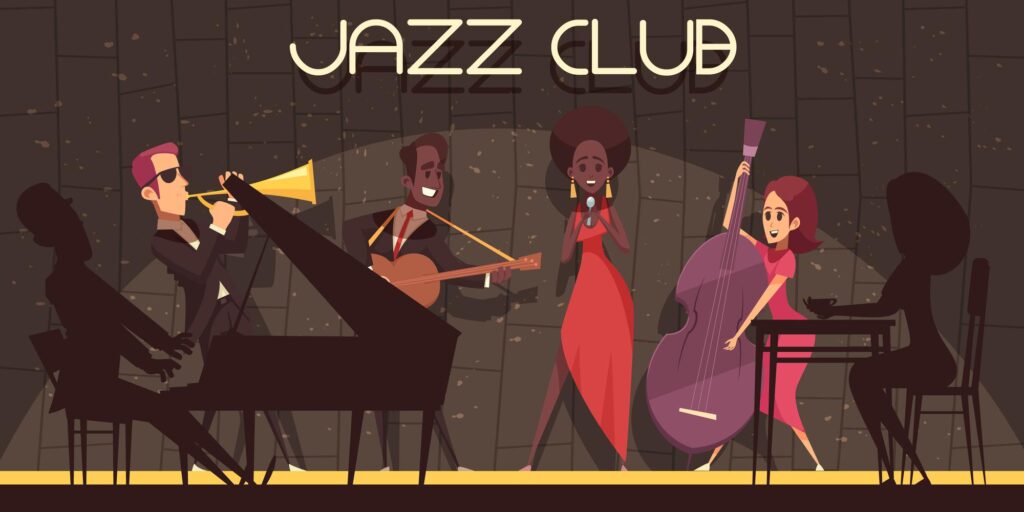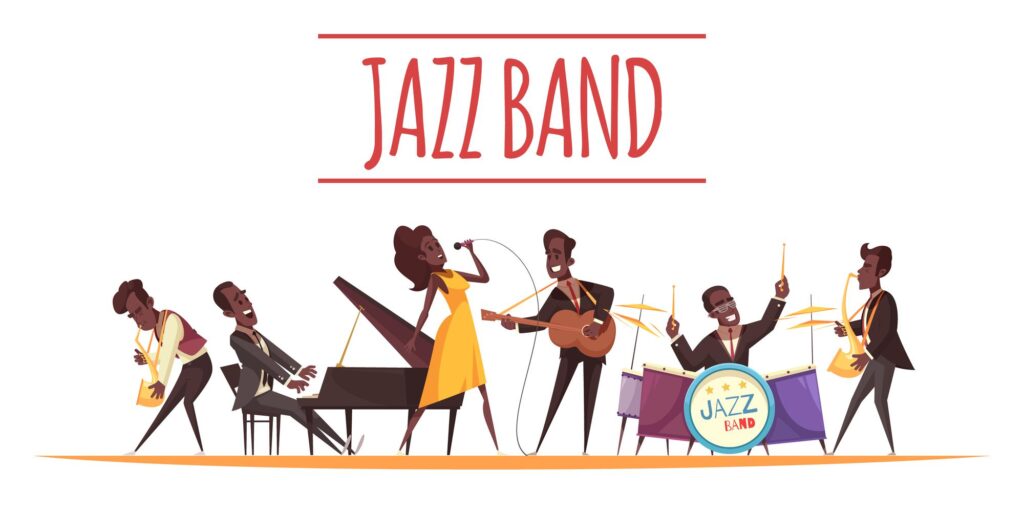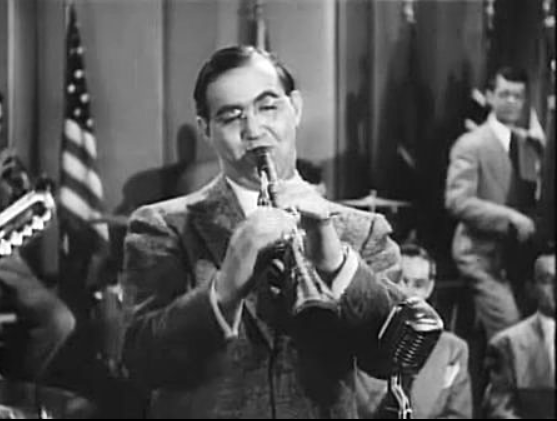A Journey Through the History of Swing Music

Swing is a style of jazz that emerged in the 1920s and 1930s, primarily in the African-American community in the United States. It is characterized by strong rhythms, syncopated beats, and cheerful melodies.
The Swing Era was a time of great social change, as people tried to escape the misery of the Great Depression by dancing and listening to music.

The history of the year
1920s:
The roots of swing can be traced back to the late 1920s when jazz musicians began incorporating blues and ragtime elements into their music. Bands began to emerge that featured improvisational solos and a strong rhythmic drive.
1930s:
The swing style fully emerged in the 1930s, with bands like Duke Ellington, Count Basie, and Benny Goodman becoming popular. Swing music became a national craze, with dance halls and ballrooms packed with people eager to dance to the upbeat music. The 1930s also saw the rise of big bands, with larger ensembles featuring brass, woodwind, and percussion instruments.
1935-1939:
The height of the swing era was between 1935 and 1939 when swing music reached its peak of popularity. Some of the biggest bands of the time, such as Glenn Miller, Benny Goodman, and Tommy Dorsey, had hit records and sold-out concerts. The music of the swing era was also heavily influenced by the development of radio and recorded music, which allowed swing music to reach a wider audience.
1940s:
The swing era began to decline in the 1940s, as new musical styles like bebop and rhythm and blues emerged. However, swing music continued to influence other genres and remained popular throughout the decade.
Today, swing music continues to be appreciated and studied by musicians and fans alike, and many modern musicians continue to incorporate elements of swing into their music.

Photo source: https://en.wikipedia.org/wiki/Swing_music
